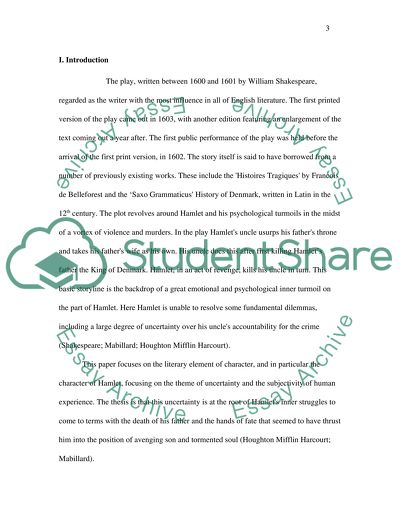Cite this document
(“Hamlet Essay Example | Topics and Well Written Essays - 750 words - 4”, n.d.)
Retrieved from https://studentshare.org/english/1488587-hamlet
Retrieved from https://studentshare.org/english/1488587-hamlet
(Hamlet Essay Example | Topics and Well Written Essays - 750 Words - 4)
https://studentshare.org/english/1488587-hamlet.
https://studentshare.org/english/1488587-hamlet.
“Hamlet Essay Example | Topics and Well Written Essays - 750 Words - 4”, n.d. https://studentshare.org/english/1488587-hamlet.


